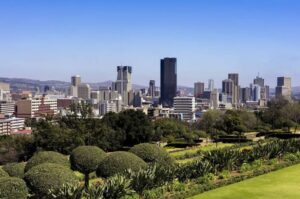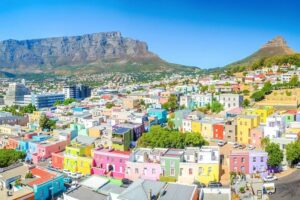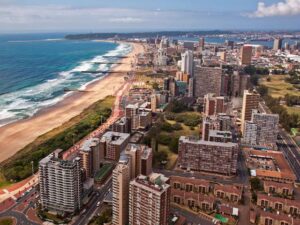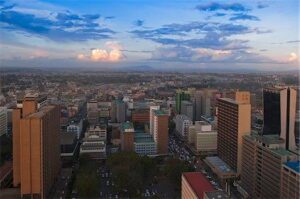In the dynamic landscape of Africa, financial stability stands as a cornerstone for individuals, communities, and the broader economy. The capacity of residents to not only meet their immediate needs but also contribute to economic growth hinges upon the availability of decent incomes across industries. This empowerment fosters a high purchasing power among residents, a vital indicator of financial well-being.
The Significance of Purchasing Power
Purchasing power serves as a barometer of resilience against economic volatility and uncertainty. In regions where income disparities persist and access to necessities varies, purchasing power emerges as a crucial determinant of financial security. With greater purchasing power, individuals can fulfill basic requirements, access quality education and healthcare, and cultivate long-term savings.
Factors Influencing Purchasing Power
A multitude of factors influence purchasing power, including income levels, inflation rates, currency valuations, and the cost of living. Across African cities, disparities in purchasing power are evident, with urban centers often boasting higher levels than their rural counterparts. However, socioeconomic disparities within urban areas also contribute to variations in purchasing power.
Challenges to Financial Stability
Despite the importance of purchasing power, numerous challenges impede residents’ access to goods and services in many African cities. High unemployment rates, income inequality, and inflationary pressures can undermine purchasing power, exacerbating financial insecurity for households. However, amidst these challenges, several cities emerge as beacons of financial stability.
Also, read; Nigerian Engineer Makes History as First Black Woman to Earn PhD in Robotics at University of Michigan
Top 5 African Cities with Financially Stable Residents
Based on Numbeo’s purchasing power index, the following cities in Africa stand out for their financially stable populations:
1. Pretoria, South Africa (Purchasing Power Index: 108.8)

2. Johannesburg, South Africa (Purchasing Power Index: 103.9)
Johannesburg, the economic hub of South Africa, is renowned for its thriving financial and commercial sectors. With a vibrant urban landscape and a wide range of employment opportunities, Johannesburg offers residents significant purchasing power despite socioeconomic disparities.
3. Cape Town, South Africa (Purchasing Power Index: 96.2)
Cape Town’s picturesque scenery and vibrant culture attract tourists and businesses alike, contributing to its robust economy. While income inequality persists, Cape Town’s relatively high purchasing power underscores its resilience and potential for inclusive growth.
4. Durban, South Africa (Purchasing Power Index: 80.1)
Durban’s strategic location as a major port city facilitates trade and commerce, driving economic activity in the region. Despite facing socioeconomic challenges, Durban’s residents benefit from a moderate level of purchasing power, supported by diverse industries and a rich cultural heritage.
5. Nairobi, Kenya (Purchasing Power Index: 33.5)
Nairobi, as the capital and largest city of Kenya, serves as a regional hub for trade, finance, and technology. While income disparities exist, Nairobi’s emerging middle class and growing urban economy contribute to its purchasing power, albeit at a lower index compared to South African cities.
Conclusion
In conclusion, the financial stability of African cities plays a pivotal role in fostering economic prosperity and improving the quality of life for residents. The ability of individuals to access goods and services, save for the future, and contribute to economic growth hinges upon their purchasing power. While challenges such as unemployment, income inequality, and inflation persist in many African cities, the examples of Pretoria, Johannesburg, Cape Town, Durban, and Nairobi highlight the potential for progress and resilience.
